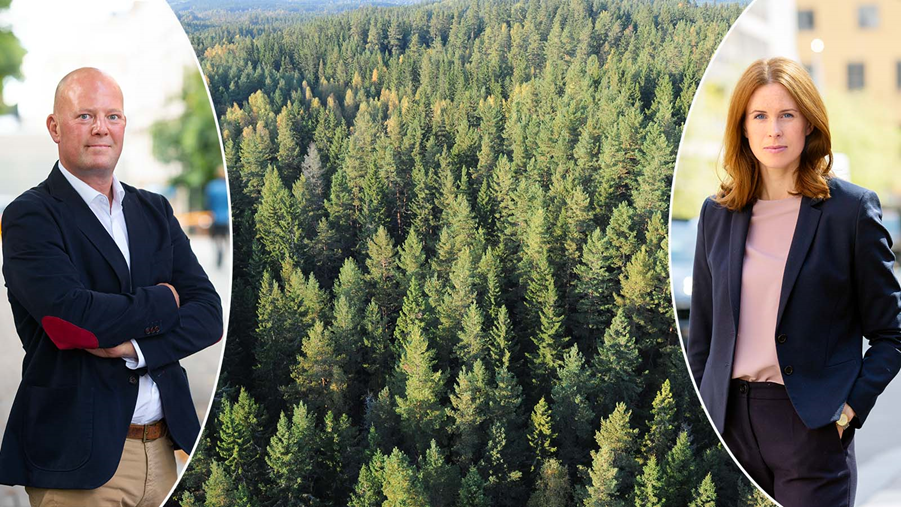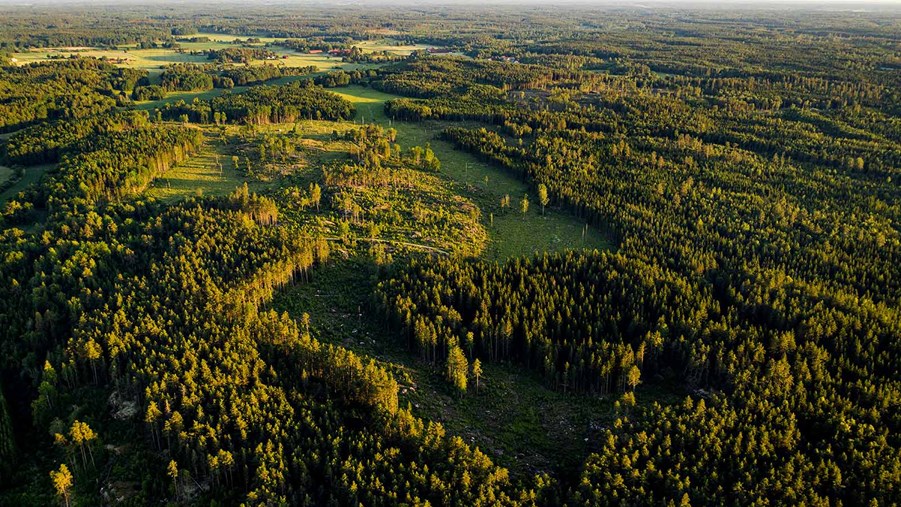
Forest-based products and energy are important to reach climate neutrality in the EU and other climate goals set in the Fit for 55 package. The Parliament proposes a 2030 LULUCF target in line with the European Commission proposal, requiring a carbon sink of 310 Mt CO2e in the EU. Sweden is expected to deliver the Union’s largest carbon sink.
Parliament votes in line with the Commission’s proposal
The Parliament proposes a 2030 LULUCF target in line with the European Commission’s proposal, requiring a carbon sink of 310 Mt CO2e in the EU. In addition, the call from ENVI to have an additional 50 million tons to be sequestered through carbon farming was voted down. Sweden is expected to deliver the largest carbon sink in the EU, increasing it to 47 million tons CO2e per year by 2030.
EU ETS fails to pass European Parliament
In a series of dramatic votes, lawmakers refused to adopt positions on the reform of the EU’s carbon market. MEPs rejected the final report on the expansion and revision of the Emissions Trading System — a key part of the European Commission’s Fit for 55 climate legislation package.
Lawmakers then agreed to refer the proposal back to committee.
"Unfortunately, the European Parliament did not manage to agree on a proposal for a revised ETS, which contained several good parts. For example, it did not include the Commission’s proposal to introduce a threshold value of 95 percent for biomass, above which installations are excluded from the EU ETS. We now hope that ENVI can once again come up with a technology neutral proposal that does not discriminate against biofuels," says Johan Bruce, Energy Director at SFIF.



